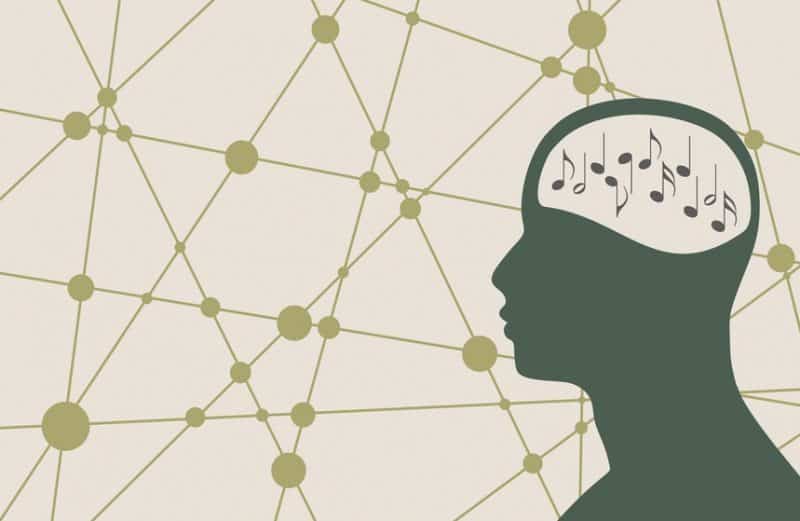How Music-Based Therapy Promotes Positive Mental Health

Recovery Unplugged has established its entire treatment philosophy based on the inherent healing properties of music-based therapy. We have seen first-hand how our patients are able to pull themselves out of a life of active substance abuse through music-based therapy; however, this art form has healing capabilities beyond addiction treatment. It can have a positive impact on everyday life, whether we’re in recovery or not. There is a clinical basis for the positive emotions that music promotes. This plays out in a number of different everyday scenarios that we may not even realize until we stop and think about the role that music plays in our quality of life.
Lullabies: Music, Babies and Beyond
Music therapy can have a positive effect on children throughout their entire upbringing, from the innate sense of calm they get from lullabies to the profound sense of achievement, socialization and confidence they get from playing an instrument or sharing their love of a particular artist or genre with their friends. Music has also been shown to help kids improve their cognitive ability and recall. Think of the songs we sing when we’re kids to remember things like the alphabet.
Adulthood: Taking on Life’s Challenges with Music
As we go through the trials and tribulations that inevitably accompany adulthood, music can become one of our most dependable and therapeutic lifelong allies; this is true for those of everyone, from those of us who struggle with crippling mental illness to those of us who are simply prone to melancholy and have experienced trauma. Whether it’s listening to a favorite record and experiencing those primal emotions of joy or taking a more active role and playing and recording, music therapy is there for us in the best and worst of times, in a variety of ways.
Senior Citizenhood: Prolonging and Preserving Quality of Life
More and more data indicates the efficacy of music therapy in the treatment of age-related conditions, like Alzheimer’s and dementia. The favorite songs from our pasts can help us hang on to our present and while prolonging and improving the quality of our future. Music represents an unfiltered and purely instinctive tangible that we can hang on to as we enter our advanced years. When we fail to remember certain specifics about our pasts, a certain melody or lyric could be just the thing to bring us back.
While it has specifically worked wonders throughout our client community, Recovery Unplugged urges everyone out there to let a little more music therapy into their lives; your mental health may be all the better for it.
We take our music-focused treatment for addiction very seriously, so we are going to hold our content to the same precision standards. Recovery Unplugged’s editorial process involves our editing safeguard and our ideals. Read our Editorial Process.

